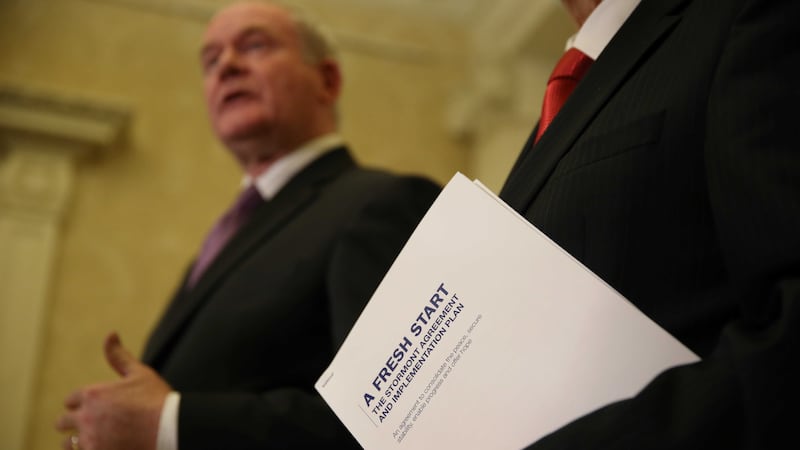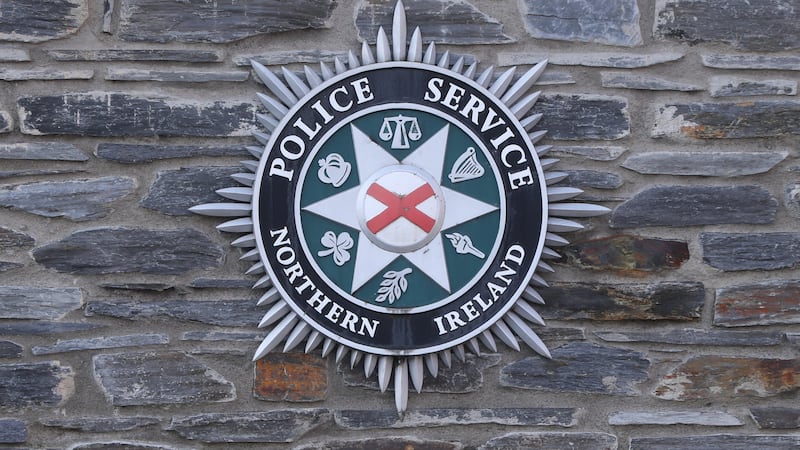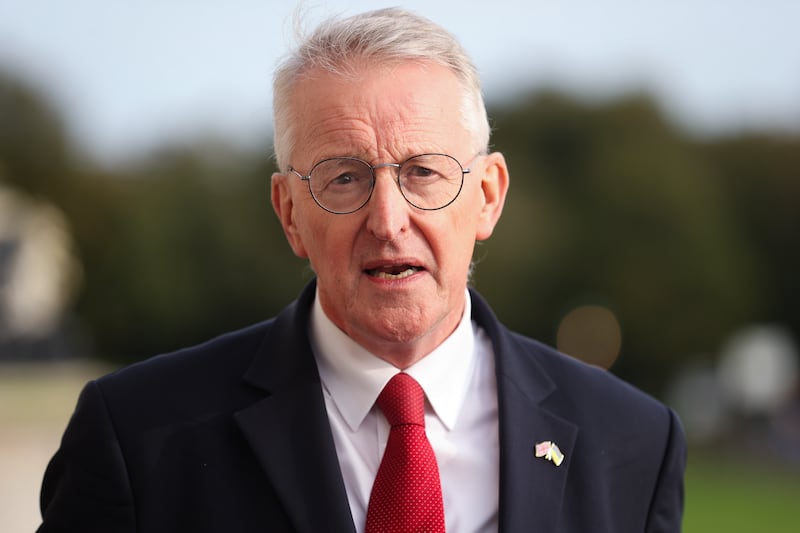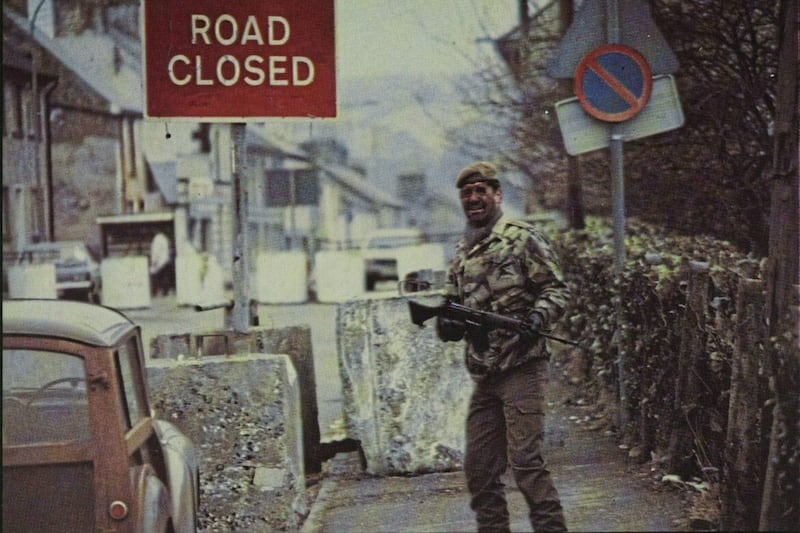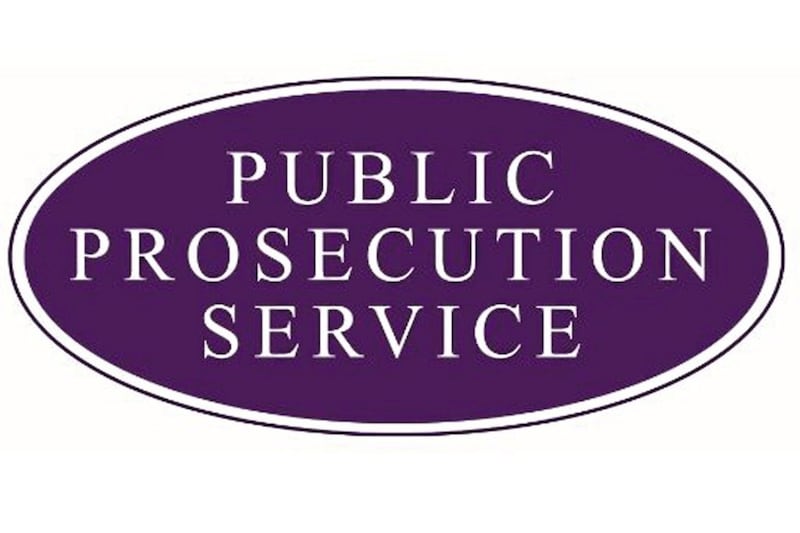VICTIMS' groups have expressed "deep disappointment and frustration" at the failure of the Stormont talks to tackle the legacy of Northern Ireland's troubled past.
The Pat Finucane Centre and Justice for the Forgotten, which represents 200 families, has accused Westminster of ignoring its obligations under human rights legislation to disclose the truth about the actions of state agents.
In a joint statement they said: "In their homes around the country, those who lost loved ones in the conflict will be privately grieving and angry at London's insistence that it must be able to redact/censor reports from the proposed Historical Investigations Unit on "national security" grounds.
"The PFC and JFF consider it totally unacceptable for the state to demand the right to conceal the actions of its agents in bombings, shootings and murders during the conflict. This was not part of the Stormont House Agreement in December 2014.
"If London had this right, it could mean that families would never discover that state agents, informers, UDR soldiers and RUC men had a role in their relatives' murders."
The Committee on the Administration of Justice (CAJ) claimed the British Government was effectively pulling down the "national security shutter" on legacy related investigations.
Brian Gormally, CAJ's director said: "Let us be very clear - this is not a question of the 'local parties failing to agree'. It is the UK Government that has vetoed progress by demanding the right to use 'national security' to cover up the unlawful activities of its agents.
"It will use state power to give impunity to state agents. In so doing, it jettisons the interests of victims and the truth, continues its violation of international human rights standards and undermines the rule of law."
Meanwhile, the main Catholic and Protestant church leaders have welcomed the deal.
A joint statement said: "We pray that this particular accommodation reached in the interests of all will be the basis for beginning to restore hope to those who are struggling and re-establish the trust that has been slowly ebbing from our political institutions."
Business groups have also hailed the new agreement which will pave the way for a reduction in corporation tax.
Linda Brown, director of the Institute of Directors (IoD) in Northern Ireland, said: "Today's announcement was worth waiting for and will be warmly welcomed by the IoD membership, although ideally we would have preferred an earlier implementation date."
CBI Northern Ireland chair, Colin Walsh said: "CBI has been clear that Northern Ireland can prosper under devolution.
"I hope this deal will ensure we have brought an end to the series of stand-offs and showdowns. The prize of success is tremendous and the opportunities enormous."
PwC Tax partner Martin Fleetwood said: "Under today's agreement, the Executive commits to reduce the Northern Ireland rate of corporation tax to 12.5% from April 2018 and the business community will welcome that clarity and commitment.
"It will permit Invest Northern Ireland to begin promoting the lower rate in its marketing efforts and encourage companies to ensure that they are compliant."
But, not everyone has voiced support.
Traditional Unionist Voice leader Jim Allister, an arch critic of power-sharing, has launched a stinging attack accusing the DUP and Sinn Fein of trying to "cling" to power.
He said: "Such was the DUP's desperation to delay an election that any deal would do."
